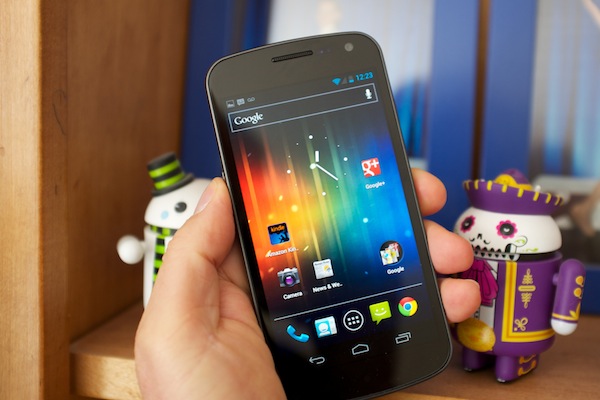Thursday it was announced that an unofficial port of Android 4.1 Jelly Bean CyanogenMod 10 custom ROM was available for the discontinued webOS powered HP TouchPad, with a big early thanks to XDA-Developers forum member and Android developer James Sullins, aka jcsullins.
Though it's discontinued, and mostly a niche device, the HP TouchPad is no slouch in the hardware world. It sports a 9.7 inch, 1024 x 768 pixel display, a 1.2 GHz Qualcomm Snapdragon dual-core processor, has 1GB of RAM, and 16GB to 32GB of storage. It is still a very solid tablet.
Currently the Android Cyanogen10 Custom ROM has no hardware video or graphics acceleration, nor does it have audio or microphone support. Even the front facing camera doesn't work, but it is proof that drivers can be shoehorned in to get it working in a rather silent but usable fashion.
But why should we care? Hewlett-Packard killed Palm and tossed webOS out to the community. HP even gutted the resources they put to the 'Open webOS' platform project, an open source continuation of the of Palm/HP webOS mobile operating system. And even worse the Open webOS team made an announcement that Open webOS will not be able to support any existing webOS devices, including the TouchPad and Pre3. The reason given was that their processors and hardware, with proprietary drivers in the "closed" version of webOS do not support the Linux 3.3+ Standard Kernel. Nor are there complete open source replacements for hardware component drivers.
"For Open webOS we are aiming for support on future hardware platforms where SoC’s support Linux 3.3+ kernel and where open source replacements for proprietary components are integrated. Existing devices cannot be supported because of those many proprietary components, including graphics, networking and lack of drivers for a modern kernel (but of course, there is the Community Edition for those interested in improving the TouchPad)."
So Open webOS and Enyo is the future, and the Palm and HP hardware of the past is relegated to hobbyist status with Open webOS Community Edition. Still, if TouchPad drivers are created for Android, they can be applied to the Linux Kernel in Open webOS too, and help propel the platform forward. If Open webOS can gain traction, webOS as we know it might be able to make a comeback.
Maybe it's a bit fantastical to think about, but if the developer community can get the current HP executive staff to take notice of the work that's being put in, a webOS updated and ready for next-generation platforms could make for a serious asset to leverage.
WebOS is still one of the most beautiful modern mobile environments, and was groundbreaking for using one of the most impressive concepts of application development: a framework that used Javascript and HTML to make Web apps that hooked into the hardware. That now open sourced framework is called Enyo, and I for one want to see it make a serious comeback with the Open webOS platform.


